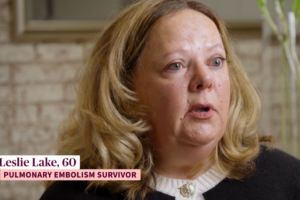The coronavirus pandemic (COVID-19) may be stressful for many people. Fear and anxiety about a novel, or new, disease can be overwhelming and cause strong emotions that may be difficult to deal with. In addition to that, many people have had to change their lifestyle in response to local and federal guidance to stay home to help slow down the spread of the coronavirus. If you are feeling anxious or very stressed, it is important to address your feelings and find healthy ways for managing stress and anxiety during the coronavirus. Experts suggest that some ways to help manage your stress include:
- Take breaks from watching, reading, or listening to news stories, including social media.
- Take care of your body (take deep breaths, stretch, or meditate; exercise regularly and get plenty of sleep, limit your intake or avoid alcohol).
- Make time to unwind and try to do some activities you enjoy.
- Connect with others. Talk to people who understand how you feel, or your healthcare team if you have questions you need answered.
If you have experienced a blood clot or clotting disorder, you may already be feeling stressed, anxious, or even depressed. Depression often goes together with dramatic lifestyle changes that often come with a serious medical diagnosis. Now, as many people across the United States are being asked or required to stay home and to limit contact with other people, including family and friends, your lifestyle may have changed significantly again. For many people, dealing with the changes brought on by a blood clot experience, and the pandemic in addition to that, may heighten feelings of distress.
Everyone reacts differently to stressful situations, and while some people may be able to adapt to changes easily, other people may struggle greatly to change their routines. No matter how you are feeling the strain, your feelings are valid, and it is important to understand that we are all going through something we have no previous experience with, so you are not alone in how you are feeling.
CDC Tools For Stress and Coping
The good news is, there are tools to help you cope. In addition to the steps shared above, the U.S. Centers for Disease Control (CDC) has extensive resources for dealing with the feelings you might have during the coronavirus pandemic. You can access them here: Stress and Coping





